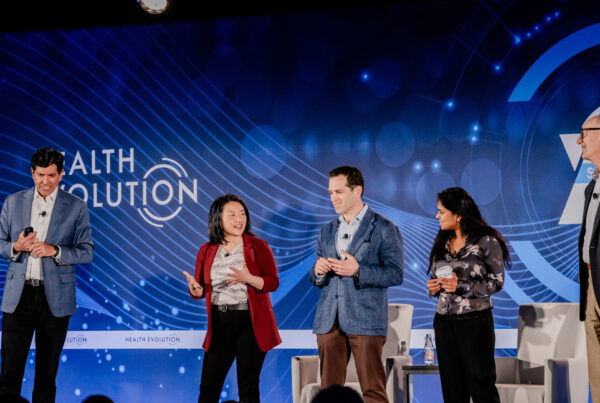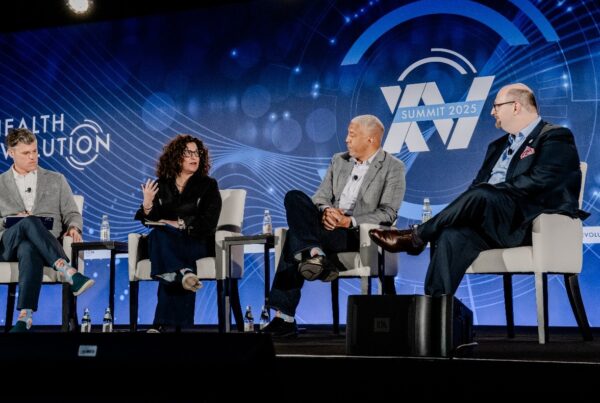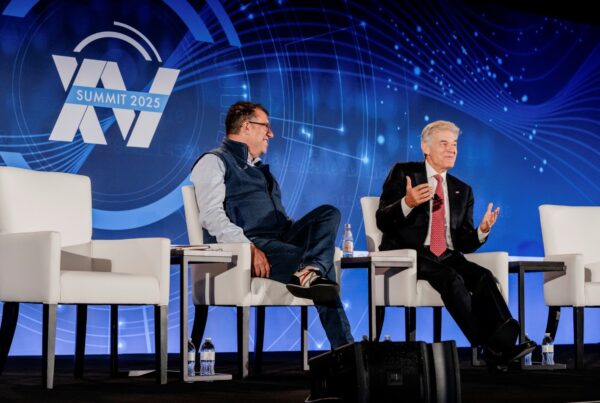When it comes to addressing social determinants of health, the pharma world isn’t the first sector of health care that often comes to mind.
Hospitals and health systems treat vulnerable patients in their region. Health plans, both commercial and government, pay for the care for these vulnerable patients. As such, payers and providers spend billions on social determinants of health initiatives, with more likely to come because of the issues caused by the COVID-19 pandemic. Moreover, research shows that consumers are demanding those sectors participate in addressing the social determinants.
Read more: Taking on social determinants of health in the COVID era
So where do pharma and life sciences fit in? It’s a question that many pharma CEOs and executives are asking themselves in the last few years. In 2019, the Pharmacy Quality Alliance (PQA) released a report, “Access to Care: Development of a Medication Access Framework for Quality Measurement.” In the document, the PQA defined a framework to improve medication access to vulnerable populations and identify priority gaps.
“Our medicines are only as good as the outcomes they deliver in patients,” says Ramona Sequeira President of Takeda Pharmaceuticals U.S.A, based in Boston, Mass. Sequeira prompted by the racial equality protests of this summer and the COVID-19 pandemic, penned a blog post on the issue and Takeda’s role in addressing it. Health Evolution interviewed her about why pharma CEOs need to address social determinants and specific issues Takeda has taken on in this area.
Health Evolution: Why are social determinants important to life sciences CEOs and health care leaders?
Sequeira: When thinking about social determinants of health, we think about access and reimbursement for medicines, but also focus on patients’ access to health care in general and their ability to get properly diagnosed and educated. And we also can’t forget about caregiver support. These things are critically important to a patient finding their way through the health system to the right health care professional, getting accurately diagnosed and getting on the right medicine. It’s connected.
So we always have to make sure we’re thinking beyond our medicines. At Takeda, we have our values, which I really think about as an algorithm for how we make decisions. We call it, “Patient, Trust, Reputation and Business” – always in that order. It’s how we run our business to focus on doing what is right for patients and also for society. I think a lot of companies focus on the patient first, but at Takeda, we also consider what we need to do to build trust with society and enhance the reputation of the company. And then we figure out how to develop our business through that lens. Takeda is a 238-year-old company. So we believe this has been a very sustainable strategy for us. We don’t just think about patients and business. We think about trust and reputation. And part of trust and reputation are the decisions you make, the work you do on behalf of the community where your employees live and work. So if you think about the social determinants of health, that’s very much a part of the work we do to build trust and enhance our reputation, which translates to long-term business growth.
Health Evolution: What specific initiatives has Takeda undertaken relative to social determinants?
Sequeira: Globally, we do a lot of corporate social responsibility (CSR) work around things like maternal health and helping countries build healthcare infrastructure and supporting access to care. From a global perspective, those are all social determinants and those are important to us.
If you look at the U.S., we address those issues in a number of different ways; one is through a program called “Takeda Cares.” As part of Takeda Cares, we work with partner organizations to create volunteer and donation opportunities for our company and employees. We’ve worked with Big Brothers, Big Sisters, the Red Cross, shelters for women and children and on STEM education. We’ve done work on hurricane and disaster relief, donating and volunteering at local food banks and providing supplies. Last year, our field team in Florida created hygiene kits for underprivileged families. And every year, we have Takeda Cares Day in Massachusetts where across the state, we partner with local, non-profit organizations and encourage employees to participate. This year, we’ve extended Takeda Cares Day to a full week with multiple virtual options both Massachusetts-based employees, as well as field-based employees to virtually support their local communities. We’re proud of the impact we’ve had and will continue to expand on that in the future.
We also have a strong and advanced patient services organization. When patients get diagnosed and put on treatment, we provide them with education, , and support for our medicines. We also have a robust free medicine program for patients at 500 percent of the federal poverty level. With everything going on with COVID-19, we enhanced our policy earlier this year to make sure furloughed workers could access this benefit.
And one more thing I’m hearing loud and clear, especially from our younger employees, is that they want us to do more than just focus our efforts inside our company. They want us to focus on our communities. They want us to take a stand on issues. They want to feel the company has a value system that’s consistent with their values. So we’re working closely with our Takeda Resource Groups to better understand issues that are important to our employees and their communities and developing new partnerships with community groups to find ways to enhance and deepen our community support.
Health Evolution: How do you measure success with these initiatives?
Sequeira: One way we measure it is we go out and survey patients and physicians on how easy (or difficult) it is to find and access our medicines and educational support. We do employee engagement surveys on whether our employeesthink we’re doing the right thing for patients, customers and our communities. We also talk to our customers. We talk to patient groups. We talk with community groups. We ask questions such as “How are we as a partner? What does trust look like in this relationship? How do we display trust?” The measure isn’t to say we are or aren’t doing well because I don’t think you ever get to a point where you think you’re doing well enough to stop getting better. The measure is whether we are making progress and building and improving patient, provider and community engagement.
Health Evolution: What will the long-term impact of COVID-19 be on how organizations address social determinants of health?
Sequeira: I think we are better understanding now the importance of connecting the dots, between food security, economic security, and health security, and the current pandemic has accelerated that learning. We are also finding new ways of working that we can bring forward out of these challenging times. For example, COVID-19 has accelerated our digital and virtual engagement, which has positively impacted how we interact with each other, our customers and our patients and communities and something that will help us better understand and respond to their needs moving forward.
We’re seeing the same thing in the health care system. It’s forced the Centers for Medicare & Medicaid Services (CMS)to accelerate some of the rules around telemedicine and home care. Some of that will stay with us. We’ll be able to use that and be even more effective in the future. It means patients won’t have to go to the doctor’s office for everything. Doctors can check in and validate a patient’s progress remotely.
And in the area of racism and structural racism, the conversations that have been going on nationally have caused us to speed up our efforts around diversity and inclusion and accelerate a skill set we’ve been working on building both internally and externally. Employees want us to do more to attract and keep a diverse community of employees to the company. They also want us to accelerate our efforts within the community. This will be the positive that stays with us..
Health Evolution: What advice do you have to healthcare CEOs and leaders, especially those in the life sciences world, about their organization’s role in addressing social determinants of health?
Sequeira: Focus on Trust. It’s something we’ve been looking at a lot as a pharma industry. The last Gallup poll I saw on trust shows the pharma industry at the very bottom. In general, people have lost a lot of trust in companies. As we think about the importance of building that trust, it starts with understanding what your values are as a company and making sure all your actions inside and outside your walls are consistent with those values.
It also starts with forming that network of partnerships in the community. People can see [a company] as another face in their community. At Takeda, we’re not a nameless, faceless company. We’re a company that works with our communities and supports them. For us as a pharma industry, building that level of trust is going to be important because we want people want to continue to support policies that support innovation and allow us to bring new treatments and cures to patients. Acting on social determinants and health disparities is an important part of building that trust.










